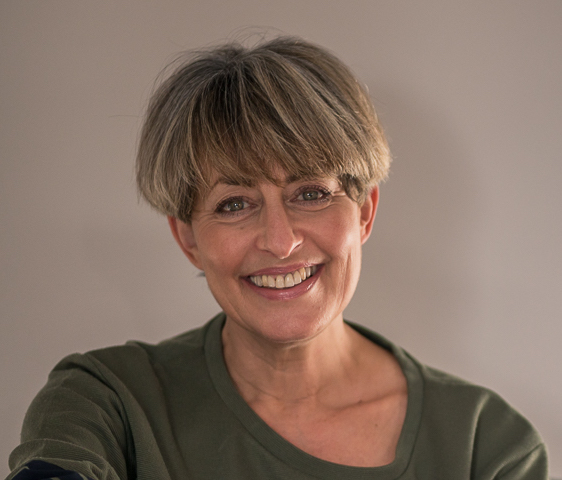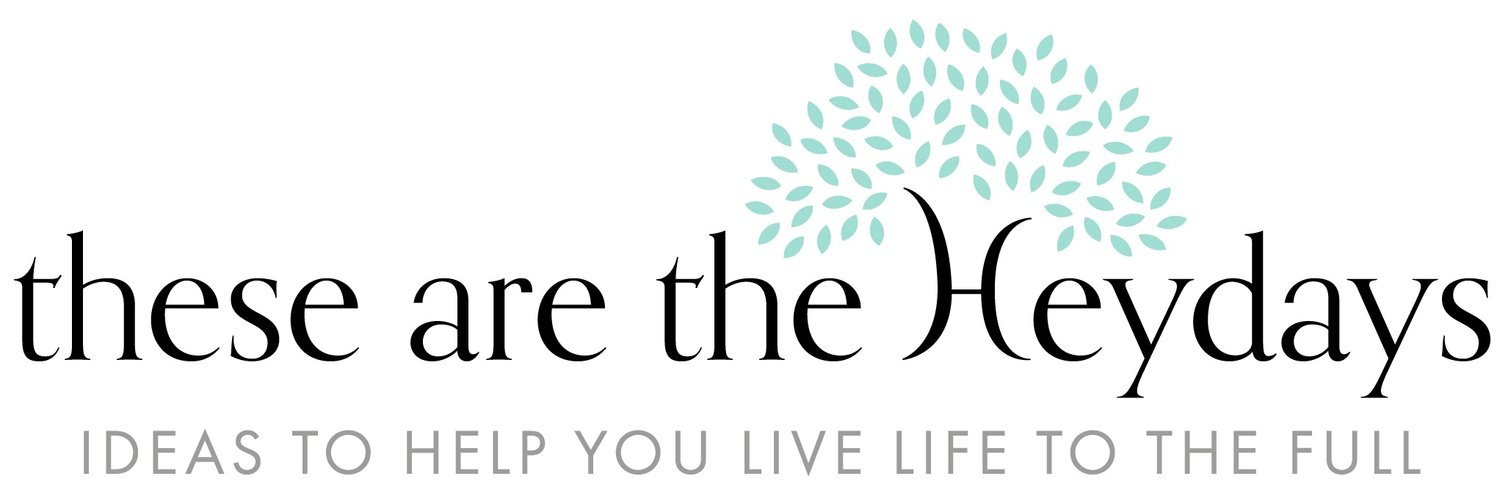Innovating for our futures
We are living in a society which has more older people in it than any time in human history. Around the world, the number of people aged 60 and over has tripled since 1950. Here in the UK around 18% of the population were 65 or over in mid-2017, compared to 15.9% in 2007; it’s expected this will grow to 20.7% by 2027.
I’m fortunate enough to be on the Board of Trustees of the International Longevity Centre (ILC), a multi-national consortium of organisations focused on helping societies across the globe to address longevity and population ageing in positive and productive ways.
The ILC is involved in a wide variety of initiatives, and I was in the audience for one of them last week. It was one of the most inspiring and uplifting evenings I’ve had in a long time.
The Innovation For Ageing Awards were launched by the Just Group (a specialist retirement finance provider) with support from the ILC, with a first prize of £7,500 and specialist PR and marketing support, and a £2,500 prize for the runner up.
Unusually the awards process started with a consultation period - with experts and organisations - to identify the most common and intractable causes of vulnerability among older consumers. These were deemed to be loneliness and isolation, digital exclusion, end of life planning and money matters. (Things, which by the way, I don’t believe are restricted to an older audience, with the exception of end of life planning, that is.)
Entries were invited that specifically tackled these areas and from the 77 initial solutions, a shortlist of 12 was agonisingly whittled down to the five finalists who presented their ideas at the event - hosted brilliantly by David Baddiel - to an audience which including the judging panel, who quizzed them on their product or service (a bit like Dragon’s Den, only with more people!)
David Baddiel was the top-notch host of the event
These were the fabulous final five:
The Chatty Cafe Scheme
Launched by part-time social worker and new mum Alex Hoskyn, who found she was feeling isolated at home with her baby (see what I mean about the problems not just relating to older people) and when she went out to coffee shops noticed there were often customers, some of them older, some of them people with carers, who looked as fed up as she felt.
She came up with the idea of getting cafes to dedicate one table as a Chatter and Natter area where any customers could sit for any length of time and have a chat to the other people sitting there.
This simple idea has gained momentum and there are now over 400 cafes around the world taking part as well as libraries, hospitals and community centres too.
Aside from a £10 admin fee for each participating organisation, the not-for-profit enterprise is funded and run entirely by Alex in-between work and motherhood,. Sadly she wasn’t well so couldn’t make it on the night to tell us more about her story, so her mum heroically stepped in at the last minute and did the presentation and took the questions from the audience on her behalf.
My Care Matters
Care plans have existed in hospitals and care homes for some time, but all too often they’re filed away and rarely referenced by the busy medical or care staff. Zoe Harris saw the effects of this first-hand when her late husband Geoff, who had two kinds of dementia and was being looked after in a care home, fell because his need to have his chair pushed against a wall failed to be consistently communicated to the staff.
She started putting post-it notes around his bed about his personal non-medical preferences and needs, so staff looking after him could see them at all times. This quickly progressed to a laminated sheet and pretty soon the head of the care home was asking Zoe to create a template that other families could fill out for their loved ones.
My Care Matters has now grown to an on-line platform where a person’s needs and preferences (when they are unable to communicate them themselves) can be recorded, and quickly retrieved, with the use of a unique code. Anyone unable or reluctant to go online can create a paper version that can be printed out and put on display near the patient. The form covers things like their favourite music, what they like to drink, whether they prefer to have one pillow or two, baths or showers and information on their eyesight and hearing. All key to helping the staff treat the patient more holistically and the patient to feel less anxious (especially key for people with dementia). It has also developed to help patients to prepare their end of life care wishes.
The My Care Matters forms are now being used by hospitals, hospices and care homes around the country.
My Sense
The death of her sister at 23 from Motor Neurone Disease was the impetus for self-confessed geek Lucie Glenday to develop a high tech digital health monitoring system for people with long term neurological conditions.
She designed and created a series of non-intrusive sensors which are placed around a patient’s home, or place of care, and some which they wear. These sensors monitor how the person is moving around and interacting with their environment, feeding back data that can be analysed to identify when there is a degeneration in their overall wellbeing that might require intervention from carers. For example, something as simple as whether a person is drinking regularly can be an indicator of decreased mood.
The My Sense monitors enable people to live as independently as possible for as long as possible.
Toucan
Money management can be challenging for anyone, but even more so if you suffer from dementia, with the associated risk of being potentially more prey to financial abuse or scams.
Fourth finalist, Bailey Kursar, has developed a simple to use app that lets its users share their bank balance status with a trusted family member, friend or carer. Using a straightforward traffic light system that generates a daily alert - green means everything is fine, amber means there is a need to be vigilant, red means something is amiss - which helps the people involved to keep an eye on the dementia sufferers finances.
The app is still in development, and Bailey is planning to roll it out soon.
Walk With Path
Final finalist, Lise Pape, also came up with the idea for her product after seeing a family member struggle with a medical condition. When her father was diagnosed with Parkinsons, she realised what a big risk falling is for older people (with or without conditions) and how much their care costs the NHS.
The first product Lise developed was the Path Finder, a clip on attachment which provides visual cues in the form of projected lines on the ground to help people walk more fluidly,
Her second invention and the one that got her into the final are special inner soles that vibrate at three points - the heel, centre and front of the foot - which gives wearers who struggle with their sense of where their feet are and how they are moving on the ground, to be better balanced and therefore at less risk of falling. The Path Feel soles can also collect data on how the wearer is walking which can be used for remote monitoring by health professionals.
Listening to all the passionate and inspiring presentations by the finalists, I have to say I was jolly pleased not to be one of the people having to make a choice between them. The final deliberations took the judging panel a tense half hour and when they returned their verdict was…..
…..that the runner up was Walk With Path.
And the winner, thanks to its proven success, broad appeal and the fact that the judges felt it was the entry that could most use the money and PR/marketing support was…..
….The Chatty Cafe
Congrats to Anna and especially to her heroic mum. I’m looking forward to finding a Chatty Cafe Chatter and Natter table near me in the future. (If you’d like to see them introduced in your community or area, go to the website to find out how)
As inspiring and enjoyable as I found the whole event, the thing I found the most heartening about it was that with one exception (Zoe the founder of My Care Matters), the finalists were all young. If the next generations are applying their tremendous energy, skill and passion to making life better for the generations ahead of them, then there is a real chance that we can all enjoy the best possible older age.
What is the product or service you’d most like to see developed or created to help older people live healthier, more fulfilling, independent lives?
Other posts you’ll enjoy
What we’ve learned from the lives we’ve lived - a conversation about ageing











